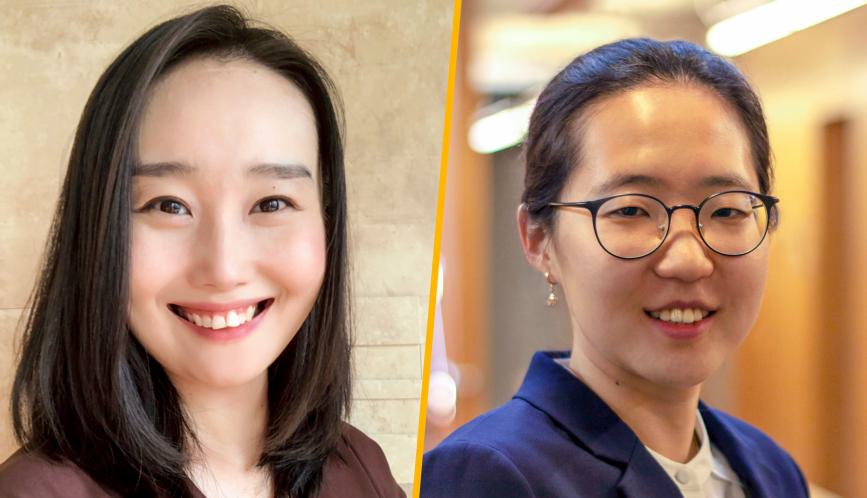We are pleased to announce the winners of our 2019 dissertation prize: Yujung Hwang and Yeonju Lee.
Hwang's paper, "A General Equilibrium Analysis of Immigrants’ Neighborhood Sorting and Social Integration," examines how immigrants culturally assimilate and how people change prejudice against immigrants. The first chapter builds a structural model to explain the dynamics of cultural assimilation and prejudice change. The main mechanism is through endogenous social group formation. Neighborhoods are used as measurements for social groups. Immigrants who segregate into ethnic enclaves have limited interactions with natives so they have less incentive to adopt natives’ cultural traits. Natives who rarely meet immigrants will have less chance to change their prejudice against immigrants. The second chapter presents detailed identification results and Monte Carlo evidence. The third chapter points out that cultural assimilation and economic assimilation are theoretically equivalent and therefore must be studied in a single framework. When the dynamics of cultural and economic assimilation highly depends on each other, perfect assimilation in one dimension must imply perfect assimilation in another. Hwang will become a Postdoctoral Fellow at the University of Geneva in the fall of 2019, and an Assistant Professor in Economics at Johns Hopkins University from Spring 2020. She received her Ph.D in Economics from Yale University in 2019.
Lee submitted the dissertation, "Democracy Without Redistribution: The Sense of Injustice, Perceived Inequality, and Preferences for Redistribution," which examines why high levels of income inequality do not lead to greater demands for redistribution in many democracies by looking at the gap between actual and perceived income inequality. Lee explains why this gap arises, what it means, and how it relates to the redistributive puzzle in comparative perspective. She identifies the mechanism of how people define and come to perceive economic inequality and its political implications including support for redistribution and leftist parties with progressive tax policies. In doing so, Lee shows and explains why and how people in different countries are politically sensitive to different kinds of injustice which lead them to perceive economic inequality in certain ways. Lee is a Postdoctoral Fellow at the Weatherhead Center for International Affairs at Harvard University, and is also affiliated with the Weatherhead Research Cluster on Comparative Inequality and Inclusion. She received a Ph.D. in Political Science from the University of Chicago in 2018.
As the HCEO dissertation prize winners, Hwang and Lee will both receive a monetary award, and will be flown to the University of Chicago later this year to present their work to the Center for the Economics of Human Development, HCEO directors, and University of Chicago faculty.



